David Salisbury
-
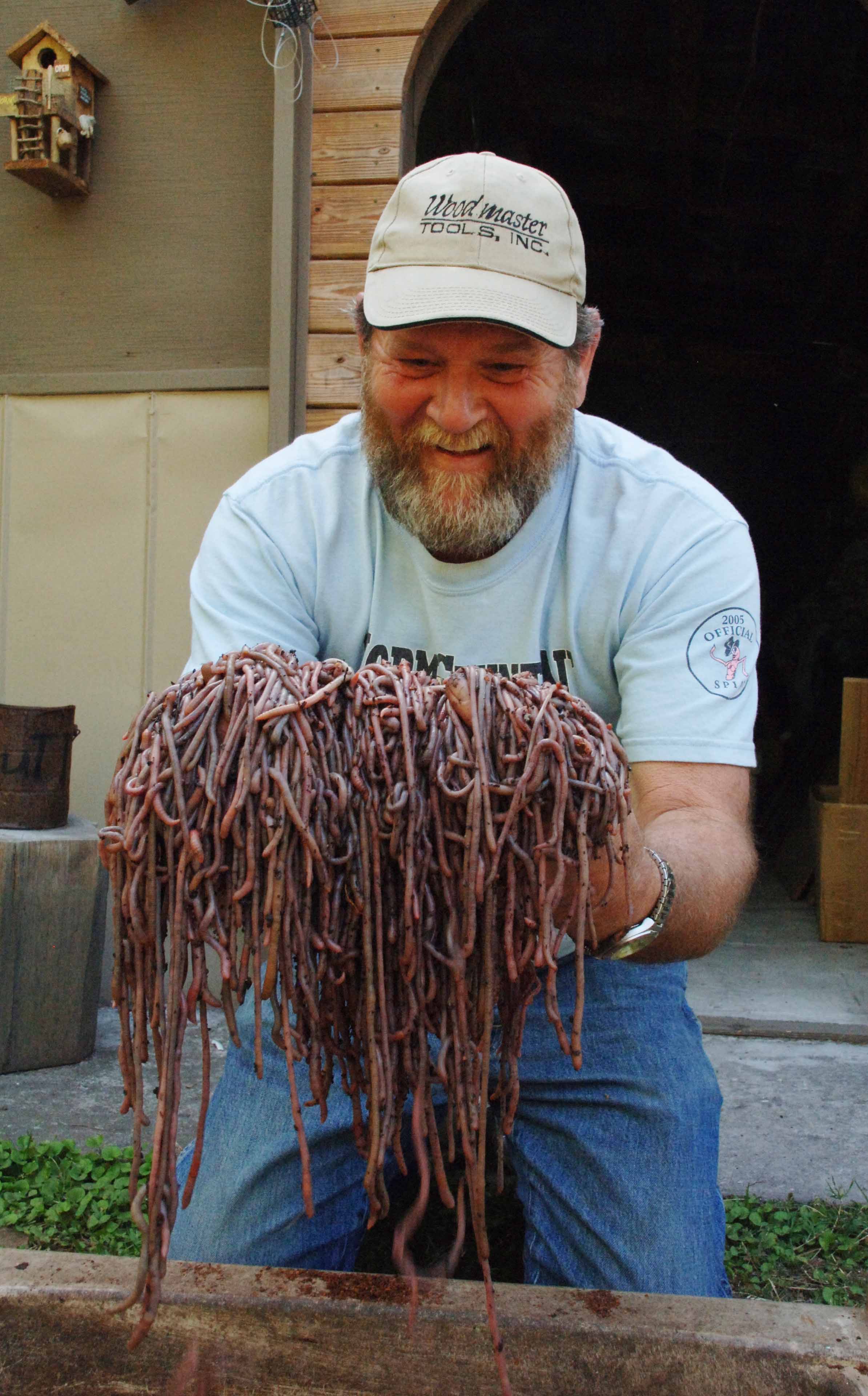
Worm grunting on NPR
Gary Revell shows some of the worms he has collected using worm grunting (Ken Catania) “What is worm grunting?” That is one of the questions that moderator Richard Sher asked panelists last weekend in a rerun of a pre-recorded edition of “Says You!” – the popular… Read MoreMar 11, 2011
-
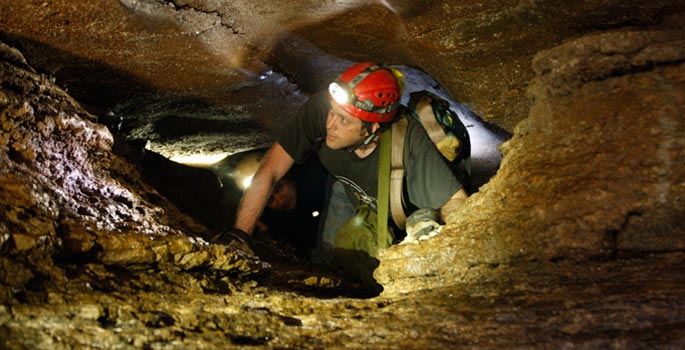
Going underground in search of new drugs
Every few months, chemist Brian Bachmann sheds his white lab coat, collects his flashlight, helmet, surgical gloves and knotted rope, puts on old clothes and hiking boots and heads to a nearby cave. Bachmann, an assistant professor of chemistry at Vanderbilt, has combined his industrial experience in natural… Read MoreMar 10, 2011
-

Inflationary universe subject of public lecture
Cosmologist Paul Steinhardt (Photo courtesy of Paul Steinhardt) Today, the idea that the universe expanded dramatically for a period of time after its birth in the Big Bang is one of the cornerstones of modern cosmology. However, Paul Steinhardt, the Albert Einstein Professor of Science at Princeton University,… Read MoreMar 4, 2011
-
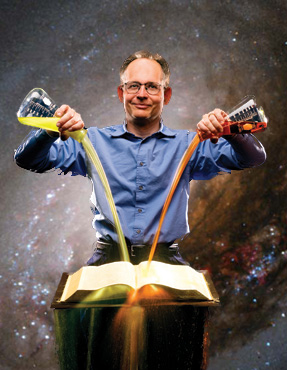
Future of the Parable of the Lost Sheep
Vanderbilt physicist Robert Scherrer supplements his scientific research with writing science fiction stories. Bob Scherrer is bicultural: Not only is he a practicing theoretical physicist, but the chairman of Vanderbilt’s physics department is also a published author of science fiction. Several years ago we did a… Read MoreMar 3, 2011
-

Hal, make room for Watson
HAL 9000 from the movie 2001 and WATSON from the Jeopardy competition Hal, make room for Watson. When it defeated two of the all-time champions of the television game Jeopardy this week, the IBM computer named Watson joined Hal 9000 in the ranks of… Read MoreFeb 18, 2011
-

Three faculty receive NSF career development awards
Dickerson, Sung and Webster recognized for research including nanoparticles, regenerating blood vessels and finding options for 'inoperable' patients. Read MoreFeb 15, 2011
-

A few fungi factoids
Toadstools in early morning light (Photo by Guy Nicholls, iStock) For some reason, fungi don’t get no respect. Despite the fact that genetically they are more closely related to animals than to plants and despite the fact that they play an absolutely critical role in the environment,… Read MoreFeb 7, 2011
-
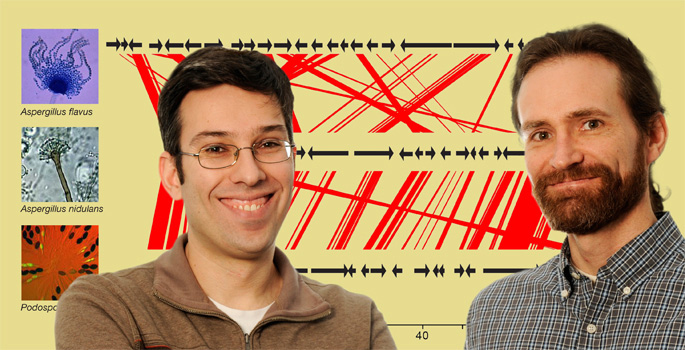
Discovery of jumping gene cluster tangles tree of life
Since the days of Darwin, the “tree of life” has been the preeminent metaphor for the process of evolution, reflecting the gradual branching and changing of individual species. The discovery that a large cluster of genes appears to have jumped directly from one species of fungus to another, however,… Read MoreFeb 4, 2011
-
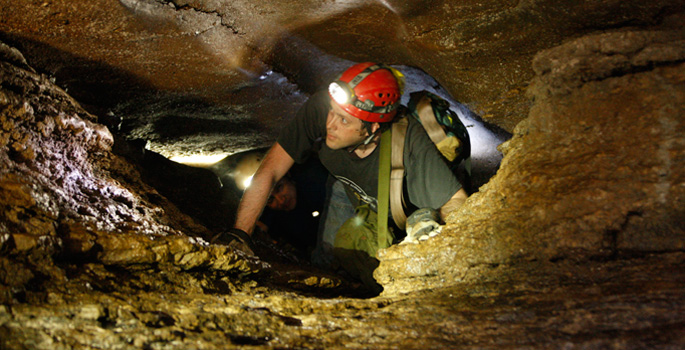
When events conspire
Caving expert John Hickman, who accompanies Bachmann on his underground expeditions, rappels down to the entrance of the Snail Shell Cave near Murfreesboro, Tenn Have you ever had the feeling that events beyond your control are working in your favor? That certainly seems to have been the case in the… Read MoreFeb 1, 2011
-
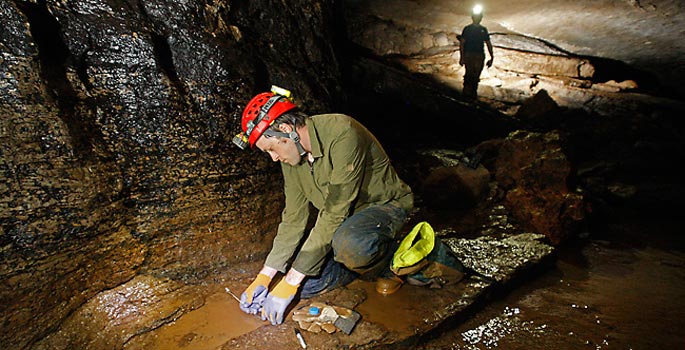
Going underground in search of new drugs
Every few months, chemist Brian Bachmann sheds his white lab coat, collects his flashlight, helmet, surgical gloves and knotted rope, puts on old clothes and hiking boots and heads to a nearby cave. Bachmann, an assistant professor of chemistry at Vanderbilt, has combined his industrial experience in… Read MoreFeb 1, 2011
-
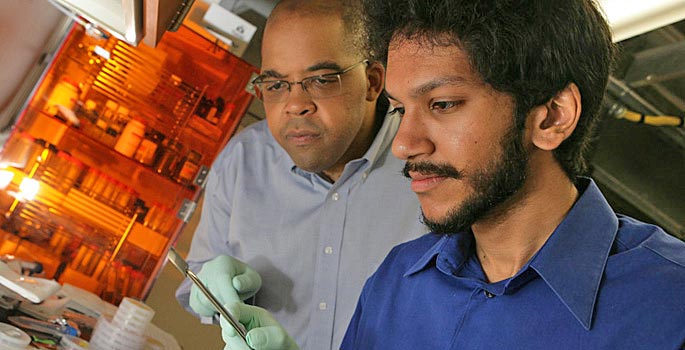
Tuning graphene film so it sheds water
Physicist James Dickerson, left, and graduate student Saad Hasan (Photo by Daniel Dubois) Windshields that shed water so effectively that they don’t need wipers. Ship hulls so slippery that they glide through the water more efficiently than ordinary hulls. These are some of the potential applications for graphene, one of… Read MoreFeb 1, 2011
-

Trillion, trillion everywhere
The number trillion has popped up in the news several times in recent weeks. On January 11, for example, the Sloan Digital Sky Survey-III – a scientific consortium that includes Vanderbilt – announced that it had created the largest digital image of the sky and is releasing it to… Read MoreJan 20, 2011
-

Vanderbilt’s role in largest digital sky image
The Sloan Digital Sky Survey-III collaboration, which includes Vanderbilt University, has resulted in a picture of the sky so big that it would take 500,000 high-definition TVs to view it at full resolution. The color image contains more than a trillion pixels and covers about one-third of the entire sky. Read MoreJan 13, 2011
-
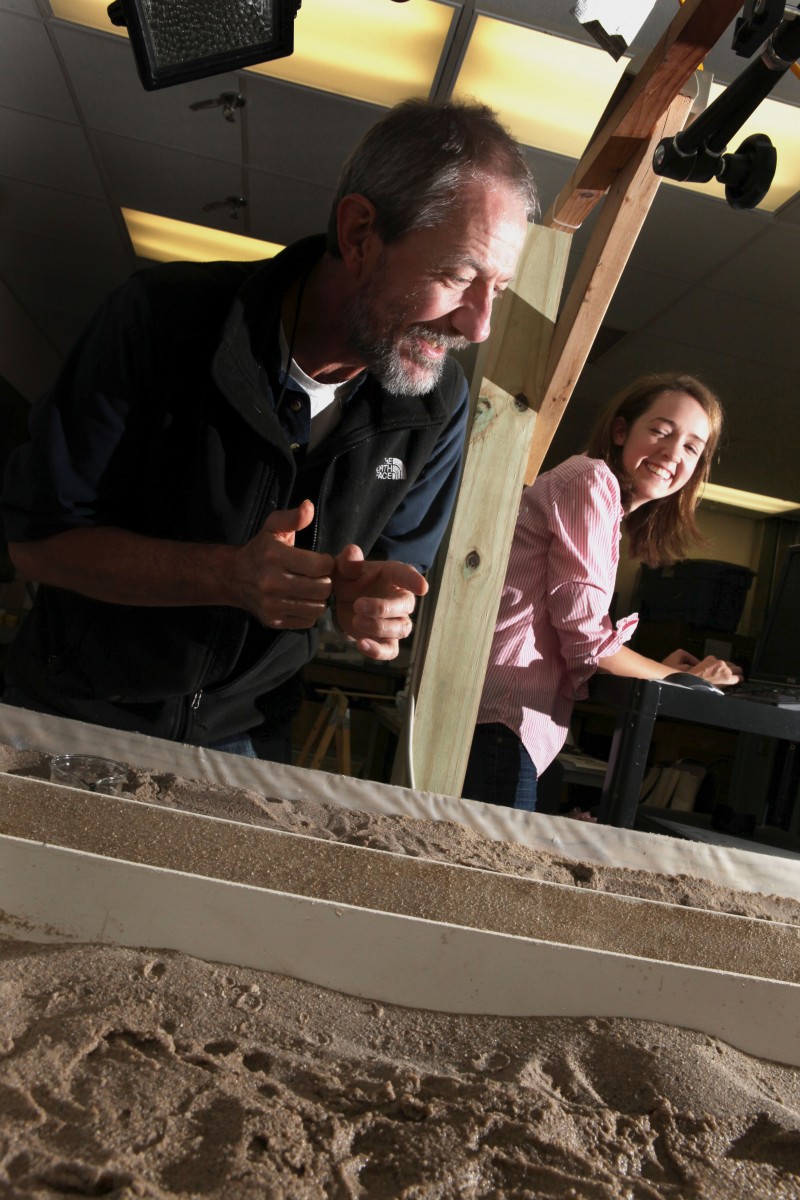
Tackling the erosion of a special river island
E&ES Professor David Furbish and students Grace Loy and John Rosenberry study the dynamics of the Columbia River around Locke Island, an island sacred to Native Americans endangered by erosion, in order to help determine how best to preserve the site. Read MoreDec 14, 2010
-

Developing robots for the hospital emergency room
(Photo credit: iStock photo) Are you ready for robots in the ER? A group of computer engineers at Vanderbilt University is convinced that the basic technology is now available to create robot assistants that can perform effectively in the often-chaotic environment of the emergency room. The specialists in emergency medicine… Read MoreDec 6, 2010
-

Babies’ biological clocks dramatically affected by birth light cycle
Graduate student Chris Ciarleglio who performed the study in the McMahon Lab that found the circadian clock in mammals is imprinted by the day/night cycle when an individual is born. The finding may help explain why people born in the winter at high latitudes are at greater risk for seasonal… Read MoreDec 6, 2010
-

New initiative to develop a system that controls prosthetic limbs naturally
Anita Mahadevan-Jansen, Duco Jansen and Peter Konrad Using beams of light to allow amputees not only to control but also to feel the movement of prosthetic limbs is the ambitious goal of a new $5.6 million Department of Defense initiative. The Defense Advanced Research Projects Agency is tapping the… Read MoreNov 17, 2010
-
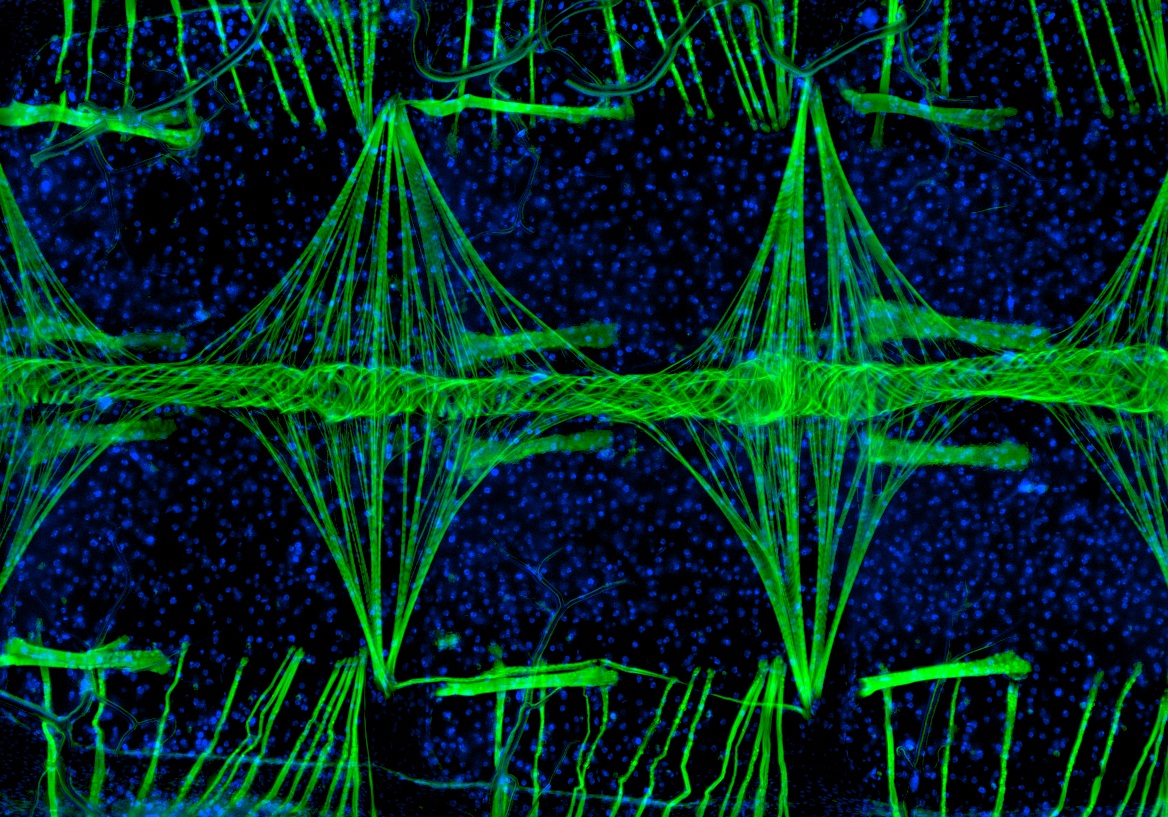
Image of mosquito’s heart wins first place in Nikon’s ‘Small World’ photomicrography competition
Jonas King, a member of the research group of Julián Hillyer, assistant professor of biological sciences, captured the image as part of the group's research on the circulatory system of Anopheles gambiae, a mosquito that spreads malaria. Read MoreOct 15, 2010
-
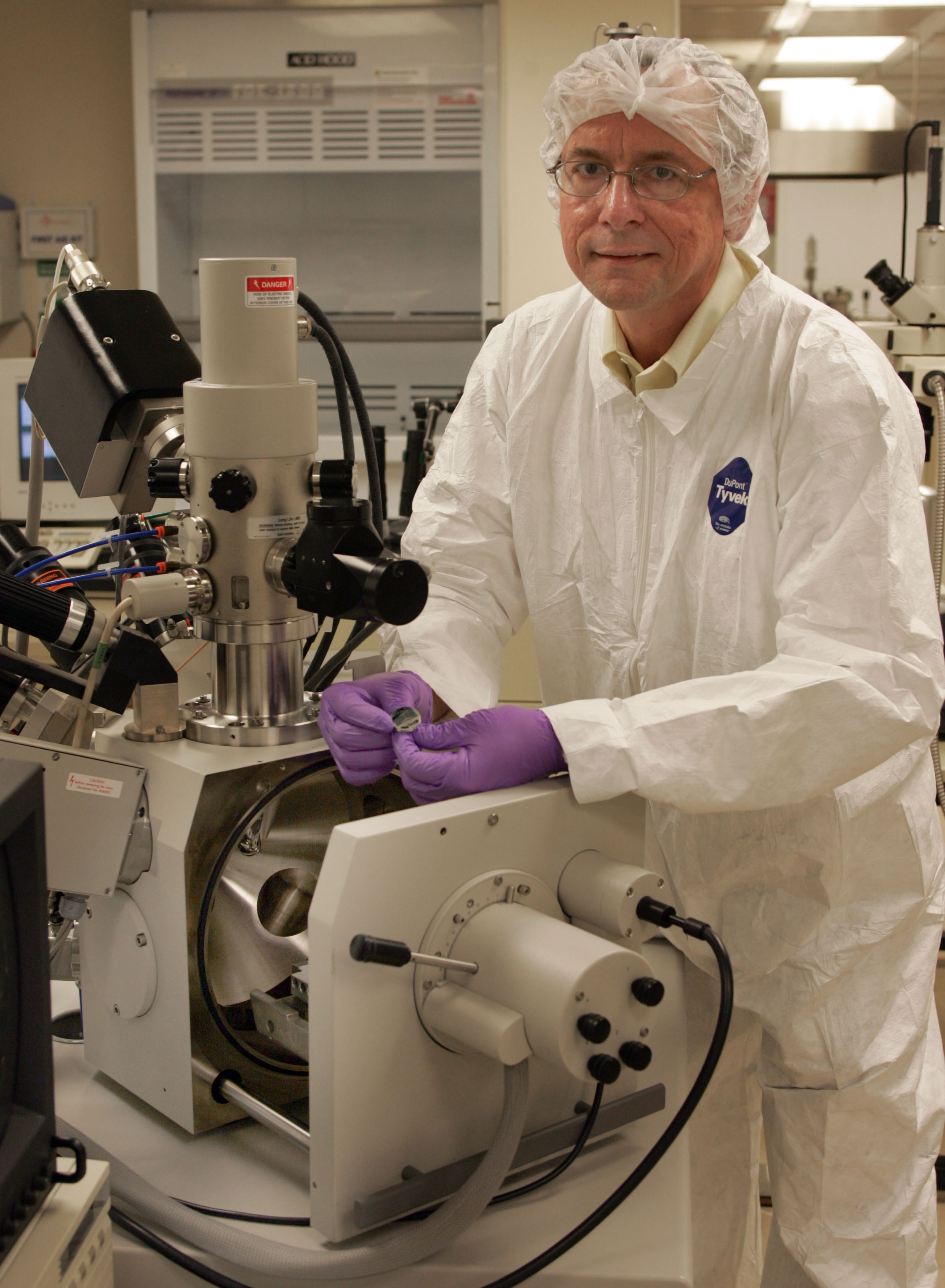
ARRA grant allows update of nanoscience institute’s air-handling equipment
If there is one thing that nanoscientists need above all else to study the behavior of materials and create devices at the scale of individual atoms, it is an ultra-clean environment. The fresh air that we breathe contains something like one million microscopic particles in a cubic foot,… Read MoreOct 13, 2010
-
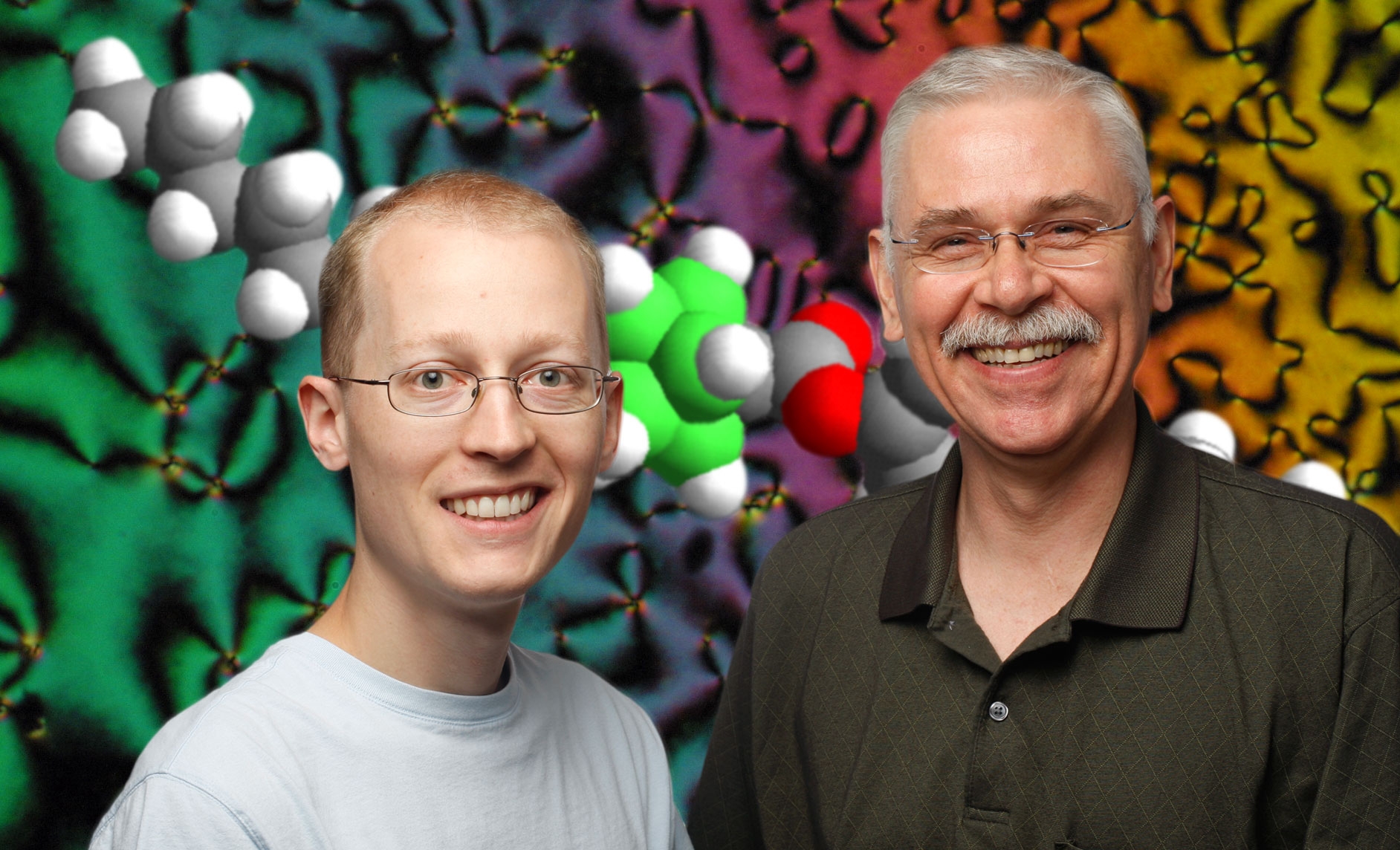
New type of liquid crystal promises to improve performance of digital displays
Bryan Ringstrand (left) and Piotr Kaszynski [Note: A multimedia version of this story is available on Exploration, Vanderbilt’s online research magazine.] Chemists at Vanderbilt University have created a new class of liquid crystals with unique electrical properties that could improve the performance of digital displays used on everything from… Read MoreOct 5, 2010